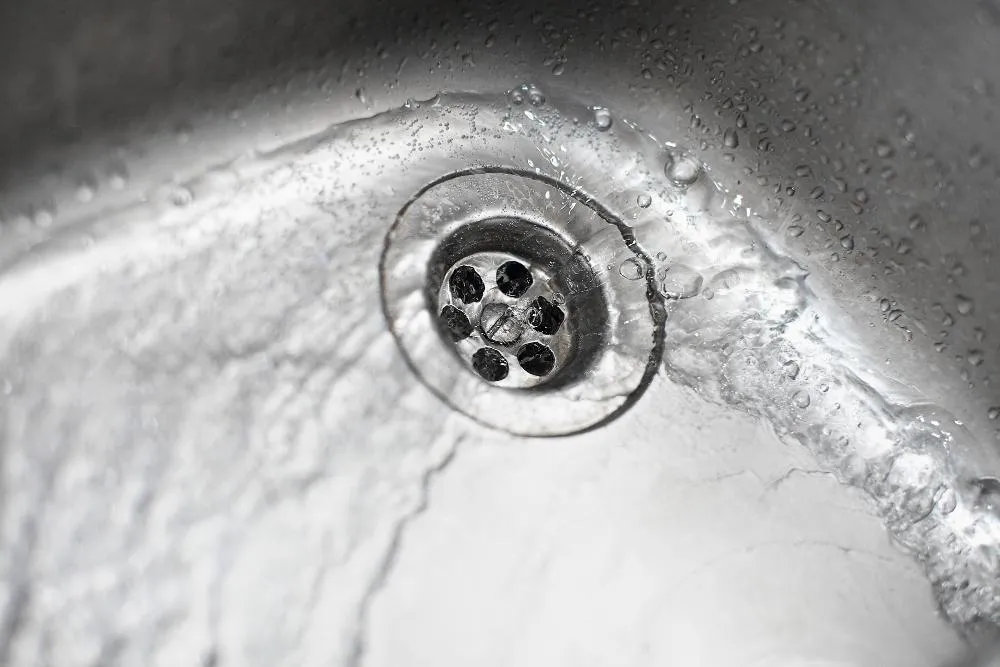
Choosing the Right Water Quality System for Stafford, VA Residential Use
Introduction
Water quality directly affects your home’s comfort, safety, and even the longevity of your plumbing system. For many homeowners in Stafford, VA, hard water, iron deposits, and sediment buildup are ongoing concerns that can impact everything from appliance efficiency to skin and hair health.
If you’ve ever noticed cloudy water, mineral spots, or metallic tastes, it may be time to consider a home water quality system. This guide explains the most common types, how they work, and how to choose the best one for your household needs.
Understanding Stafford’s Water Conditions
Before choosing a system, it’s important to know what’s in your water. In Stafford, most homes are supplied by municipal water or private wells—both of which can have specific issues.
Common Water Quality Concerns in Stafford
Hard Water: High levels of calcium and magnesium cause scaling in pipes, faucets, and appliances.
Iron and Manganese: Often found in well water, these minerals cause orange or black stains and metallic odors.
Sediment and Cloudiness: Sand, dirt, and small particles can make water look hazy or clog plumbing fixtures.
Chlorine Taste or Smell: Municipal treatment often leaves residual chlorine that affects drinking water quality.
Knowing your water’s makeup helps you choose the right filtration or softening solution. A professional test or lab analysis provides the most accurate insight.
Types of Home Water Quality Systems
Each system targets specific contaminants and offers different benefits. Here’s a breakdown of the most common options available for Stafford homeowners.
Water Softeners
Best for: Hard water and scale buildup
Water softeners use ion exchange to replace calcium and magnesium ions with sodium or potassium. This process prevents scale on fixtures and extends the life of dishwashers, heaters, and washing machines.
Whole-House Filtration Systems
Best for: Sediment, chlorine, and odors
Installed at your home’s main water line, these filters remove impurities from every tap. They improve water taste, clarity, and safety for bathing and cleaning.
Reverse Osmosis (RO) Systems
Best for: Drinking and cooking water
RO systems force water through a semi-permeable membrane, removing microscopic contaminants such as lead, fluoride, and nitrates. Many Stafford residents pair RO systems with softeners for full coverage.
UV Water Purifiers
Best for: Bacteria and microorganisms
Ultraviolet light kills harmful pathogens that can slip through standard filters—ideal for homes with private wells or compromised water sources.
Iron Filters and Oxidation Systems
Best for: Iron, sulfur, and manganese issues
These systems oxidize and filter minerals that cause staining and unpleasant odors. They’re especially useful for Stafford properties with strong well water sources.
How to Choose the Right System
Selecting the best water quality system depends on your home’s water source, household size, and specific concerns. Follow these key steps to make an informed choice.
Test Your Water Quality
Start with a professional test to identify contaminants and mineral levels. Municipal reports can help, but private wells always need independent testing.Identify Your Priorities
Are you trying to remove chlorine taste, prevent hard-water damage, or improve overall purity? Knowing your main concern narrows your options.Consider System Capacity and Flow Rate
Larger households use more water, so choose a system that can handle peak demand without reducing pressure.Compare Maintenance Requirements
Some systems, like softeners, require periodic salt refills, while others only need annual filter changes. Choose a maintenance level that fits your schedule.Consult a Licensed Plumber
A professional installer can help design a system that integrates seamlessly with your home’s plumbing and local water conditions.
Why Water Treatment Is Worth the Investment
Many Stafford homeowners see water treatment as optional, but the long-term benefits make it one of the smartest home improvements you can make.
Protects Plumbing and Appliances: Prevents mineral buildup that causes leaks and reduces efficiency.
Improves Health and Comfort: Reduces skin dryness, improves drinking water quality, and eliminates odors.
Boosts Home Value: Clean, treated water is an attractive feature for future buyers.
Lowers Maintenance Costs: With softer, cleaner water, fixtures last longer and need less frequent repair.
FAQs
How do I know if I have hard water in my Stafford home?
Common signs include cloudy spots on glassware, stiff laundry, soap scum buildup, and dry skin after showers.
Can I install a water filtration system myself?
Small under-sink units can be DIY-installed, but whole-house or combination systems require professional setup to ensure safety and performance.
Do I need both a softener and a filter?
In many cases, yes. Softeners handle minerals, while filters remove sediment, chlorine, or chemical contaminants.
How often should filters be replaced?
Depending on your system type and water quality, filters typically need replacement every 6–12 months.
What’s the best system for well water in Stafford?
A combination of iron filter + softener + UV purifier is usually recommended for well systems with minerals and bacterial risks.
Conclusion
Choosing the right water quality system ensures your Stafford home enjoys cleaner, safer, and better-tasting water year-round. By identifying your specific water concerns and working with a professional plumber, you can design a system that fits your family’s needs and budget.
Whether you’re battling hard water stains, metallic odors, or cloudy tap water, investing in a tailored treatment system pays off in comfort, protection, and long-term savings.